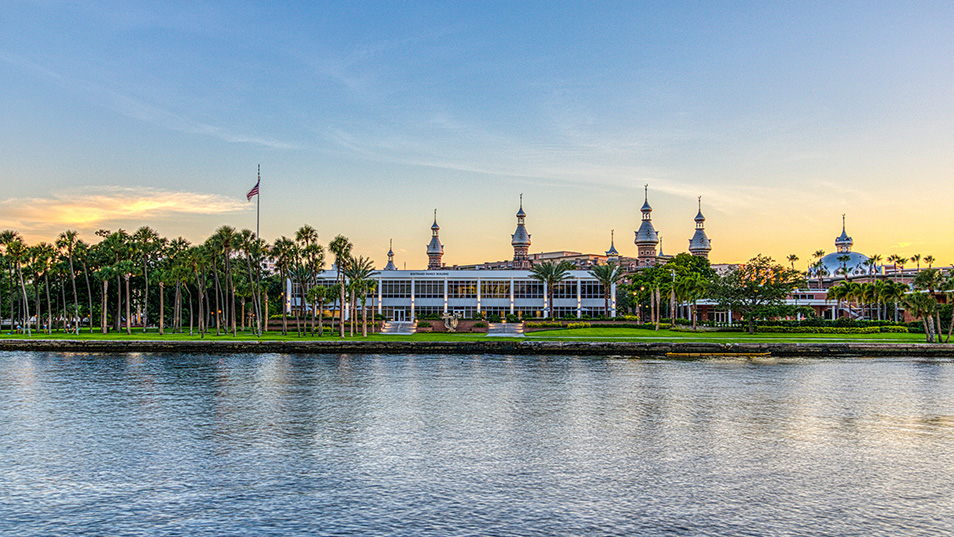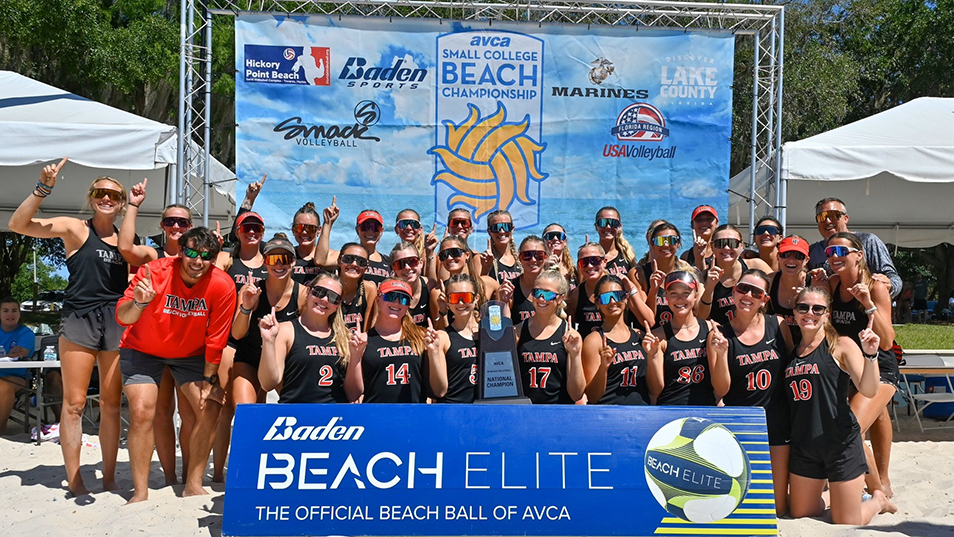Published: August 17, 2022
UT Again Awarded National Endowment for the Humanities Grant
The University of Tampa has been awarded a $234,914 grant from the National Endowment for the Humanities (NEH) to offer a summer institute in 2023 focusing on the rise of the U.S. as a global power in the early 20th century as a consequence of its intervention in Cuba’s War of Independence.
 Professors López and Rey were previously awarded a Level 1 NEH Summer Institute Grant in 2019.
Professors López and Rey were previously awarded a Level 1 NEH Summer Institute Grant in 2019.
The four-week institute, “The Immigrant Communities of Florida and Jose Martí in Cuban Independence and the Dawn of the American Century,” will take place on the UT campus from June 18 to July 7, 2023. Up to 30 university and college professors from throughout the U.S. will be selected to participate.
The grant was prepared by James López, UT professor of Spanish, and Denis Rey, associate professor of political science, who together coordinate the Center for José Martí Studies Affiliate at UT. The Institute will closely examine an often-overlooked aspect of Cuba’s War of Independence, namely, the role played by the Cuban immigrant communities in the U.S., particularly in the unique and vibrant cigar towns of Florida, especially Ybor City and West Tampa.
Profs. López and Rey were previously awarded a Level 1 NEH Summer Institute Grant in 2019; the current Level 2 grant builds upon the success of that institute by bringing in an expanded roster of top scholars and developing a more robust, long-term dissemination strategy.
“The lessons of this history continue to resonate today,” Lopez said. “The institute seeks to heighten awareness of how American immigrant communities have helped usher in political transformations  both at home and abroad, and to accentuate the rich and complex cultural world established by the Cuban, Sicilian and Spanish immigrants around the cigar industry in turn-of-the-century Florida.”
both at home and abroad, and to accentuate the rich and complex cultural world established by the Cuban, Sicilian and Spanish immigrants around the cigar industry in turn-of-the-century Florida.”
The institute will also study the work of José Martí, the man whose oratory, poetry, journalism and essays would transform the movement for political independence into a formulation of Cuban patriotic identity that would outlast the U.S. military intervention, and establish Martí, known simply as the “Apostle” in Cuban society, as the most important symbol and source of national identity on and off the island. The immigrant cigar workers of Tampa played an important role in Martí’s biography and intellectual evolution, both of which will be closely examined during the Institute.
“The study of this seminal period from the perspective of the working class immigrants who organized, financed, and in many cases fought and died for a patriotic ideal that they helped inspire by their example, will enrich any cross-cultural approach to the teaching of U.S. History, Race and Ethnicity, Latin American Studies, Caribbean/Cuban Studies, International Relations, Cultural Studies, and Hispanic Language and Culture,” López said.
The institute will include expert lectures, guided readings, archival materials and visits to significant historical sites. All of these are directed toward the development of innovative course modules and teaching plans to enrich the college curriculum and disseminate this history. The institute is one of 226 humanities projects across the country funded by NEH, which total $31.5 million in awards. For more information, see the Martí Center website, or contact López at james.lopez@ut.edu, or Rey at denis.rey@ut.edu.



